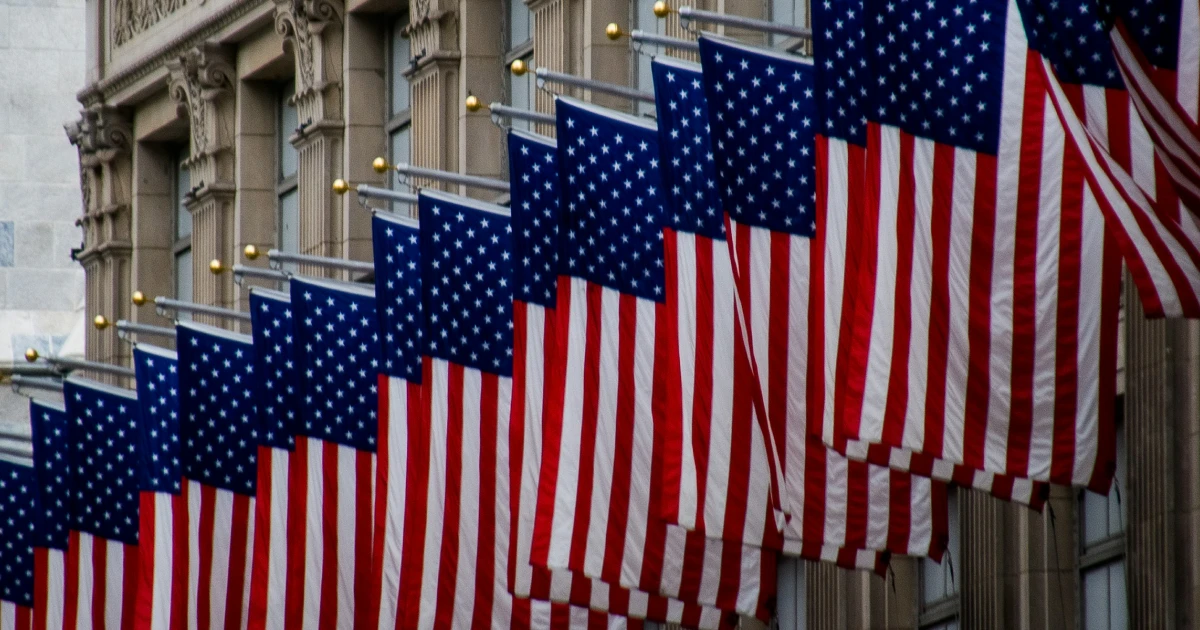The government’s intervention in corporate matters has also worried critics who say President Donald Trump’s actions create new categories of corporate risk and that a bad bet could mean a hit to the taxpayer fund.
Much of the funding under the Chips Act has yet to be dispersed for companies such as Micron, Taiwan Semiconductor Manufacturing Co., Samsung, and Intel.
TSMC and Intel both declined to comment. Microns, Samsung, and the White House did not respond to their requests for comment on whether or not Lutnick is considering more stakes.
On Wednesday, when asked whether the US government could take a stake in TSMC, Kuo Jyh-huei, the Taiwan Economy Minister, said that his ministry would consult with the company, which he later pointed out as private and not a state-owned enterprise
“We will also discuss with the National Development Council, as it is a shareholder of TSMC. We will thoroughly understand the underlying meaning of the U.S. Commerce Secretary's remarks, but this will require some time for discussion and assessment," Kuo said, reported Reuters.
On Tuesday, the two sources reported for Reuters that the Treasury Secretary Scott Bessent is also involved in the CHIPS Act discussions, but that Lutnick is driving the process. It is also worth mentioning that the Commerce Department oversees the $52.7 billion CHIPS Act money.
Karoline Leavitt, White House Press Secretary, confirmed earlier that Lutnick was working on a deal with Intel in order to take a 10% government stake.
"The president wants to put America's needs first, both from a national security and economic perspective, and it's a creative idea that has never been done before," she told reporters.
As a response, Lutnick's comments suggested that any stake would be non-voting, meaning it would not enable the US gov to tell the company how to run its business.
The Biden administration literally was giving Intel money for free and giving TSMC money for free, and all these companies just giving the money for free, and Donald Trump turned it into saying, 'Hey, we want equity for the money. If we're going to give you the money, we want a piece of the action for the American taxpayer," Lutnick said.















